Automakers in the U.S., Europe and Japan have announced thousands of job cuts over the past month and there’s growing concern the pace could increase as the industry moves into an uncertain new year, with a new administration in Washington threatening to upend automotive rules and regulations — and possibly the economy, as well.
“I’m a little concerned” about what’s going to happen with automotive sales and earnings — as well as jobs — as we approach the new year, Stephanie Brinley, principal auto analyst with S&P Global Mobility, told Headlight.News on Tuesday.
A variety of factors are fueling her anxiety — and she’s not alone. For one thing, U.S. car sales have been flattening out after a strong first half of the year. Across the industry, earnings were mixed, General Motors reporting a sold third quarter, Stellantis delivering a serious decline in revenues and profits. There’s a new president — Donald Trump — threatening to shake up automotive rules and regulations, starting with the EV mandates set in place by his predecessor, Joe Biden.
And now comes a wave of layoffs, with particularly big cuts at Stellantis, Nissan and Volkswagen. Though more and more manufacturers, including Audi, BMW and Ford, have also been handing out pink slips.
“Bad things happen”
“Bad things happen when people get laid off,” said one veteran industry observer asking not to be quoted by name.
In decades past, large layoffs tended to serve as the canary in coal mine, signaling problems ahead — and only escalating as economic troubles worsened and automotive sales started to decline.
For the moment, though, it’s difficult to be sure whether there’s need to be alarmed. The U.S. economy has, with only a few hiccups, come through 2024 in better shape than anticipated, despite all the doom-and-gloom messages sounded during the recent presidential election. If anything, job growth has generally exceeded forecasts during most months.
And, until midyear, that was largely true in the auto industry. But not lately.
Big cuts at the Big Three
Detroit automakers have announced an accelerating series of layoffs over the past several months.
It was revealed Nov. 20, Ford was slowing production of its Bronco SUV early next year and reassigning 400 workers to two nearby plants.
Ford also made 750 temporary layoffs at the Rouge Electric Vehicle Center in Dearborn, Michigan this month, following other cuts earlier in the year at the facility which assembles the F-150 Lightning. The cuts are intended to be temporary, aimed at reducing inventory of the slow-selling electric pickup. But observers fear they could be extended if demand doesn’t improve, and inventories remain bloated.
Finally, the company plans to cut 14% of its European workforce — about 4,000 jobs — due to slow EV sales, lack of government support and production changes. Most of those — 2,900 — will happen in Germany, Reuters reported.
Stellantis has been especially hard hit with job cuts at:
- The Toledo South Assembly Plant, where the Jeep Gladiator pickup is produced. With sales down its second shift is being dropped, resulting in an estimated 1,100 layoffs. Another 343 jobs were lost at the adjacent Toledo Assembly Complex earlier this year;
- Another 1,100 employees at the Warren, Michigan truck plant were sidelined when production of the Ram 1500 Classic was halted;
- Stellantis has cut at another Ram plant in Sterling Heights, Michigan, at a Detroit parts facility, at the Grand Cherokee plant — and it announced in July a “voluntary separation program,” a buyout, for salaried U.S. workers.
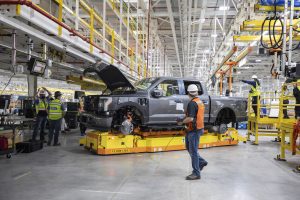
Demand for the F-150 Lightning has tumbled, leading Ford to temporarily idle its plant in Dearborn, Michigan.
But the Euro-American automaker isn’t alone. General Motors, despite its strong third quarter results, said last Friday that it is eliminating 1,100 jobs, most of them at its technical center in Warren, Michigan.
It was the second GM layoff of more than 1,000 employees in recent weeks. And it came as a shock to many employees, one 25-year veteran telling Headlight.News on background that he learned he was out of a job in an email that arrived at 5:07 a.m.
More Automotive News
- Ford Paying Near-Record Fine for Mishandled Recall
- Jaguar Axes Nearly all of its Models To Prepare For EV Comeback
- Finance Chief Says VW Has Little Time to Turn Things Around
Automakers accelerate layoffs around the world
The biggest single cut was announced by Nissan whose chief executive declared Nov. 7 that the company would switch to “emergency mode.” In the process, said CEO Makoto Uchida, it will cut 9,000 jobs.
Late last month, Volkswagen said it will close “at least” three factories in Germany and, while specific numbers haven’t been revealed, it warned job cuts could climb into the tens of thousands.
That triggered a backlash from the powerful union IG Metall, lead negotiator Thorsten Groeger responding in a statement that, “If VW confirms its dystopian path … the board must expect the corresponding consequences on our part.”
What’s behind the cuts
There’s plenty of debate over what’s triggering the job cuts.
“This is an unmistakable sign the auto industry is slowing,” said Patrick Anderson, CEO of Michigan-based Anderson Economic Group. “And that consumers are expressing some reluctance about buying the higher-priced cars, notably electric cars.”
Layoffs are “not a tremendous surprise, given the global, intense competition that a company like General Motors is in right now,” Glenn Stevens, executive director of statewide auto advocacy group MICHAuto, told the Bridge Michigan news service.
Not everyone is feeling as fatalistic, however. Analyst Brinley doesn’t necessarily see a sharp sales drop in the tea leaves, though she does expect demand to level out in 2025 after rebounding from COVID pandemic low.
That said, she thinks some carmakers could face challenges — like Ford has — if they tooled up for more EV production than the market will absorb.
“Trump Bump” or “Trough”?
And all bets are off as to what could happen once Donald Trump is back in the White House this year. The ever-supportive Fox News is predicting a “Trump Bump” in demand. Others see a “Trump trough” if he makes the wrong moves. That could be felt hard in the EV segment where the incoming administration has signaled it will rollback Biden sales mandates and possibly eliminate EV sales incentives.
David Christ, U.S. head of the Toyota brand also fears what could happen if Trump follows through with broad new tariffs on imported vehicles and parts. Even though his company produces well over half of the vehicles it sells in the U.S. in American plants, Christ warns, prices would go up if new tariffs are levied on the foreign-made parts they still rely on.
Indeed, one of the industry’s biggest concerns is that they won’t be able to rein in the big price cuts of recent years. Consumers are crying uncle, many potential buyers already priced out of the market.
Add one more factor driving automakers to cut back: the tens of billions of dollars they’re now investing in EV development. Even if Trump moves to cut Biden-era rules, said Christ, automakers can’t respond immediately. And there’s little sign any U.S. rollback would be copied abroad, anyway. So, if U.S. EV sales lose still more momentum that likely would just exacerbate production cuts and layoffs, experts warn.

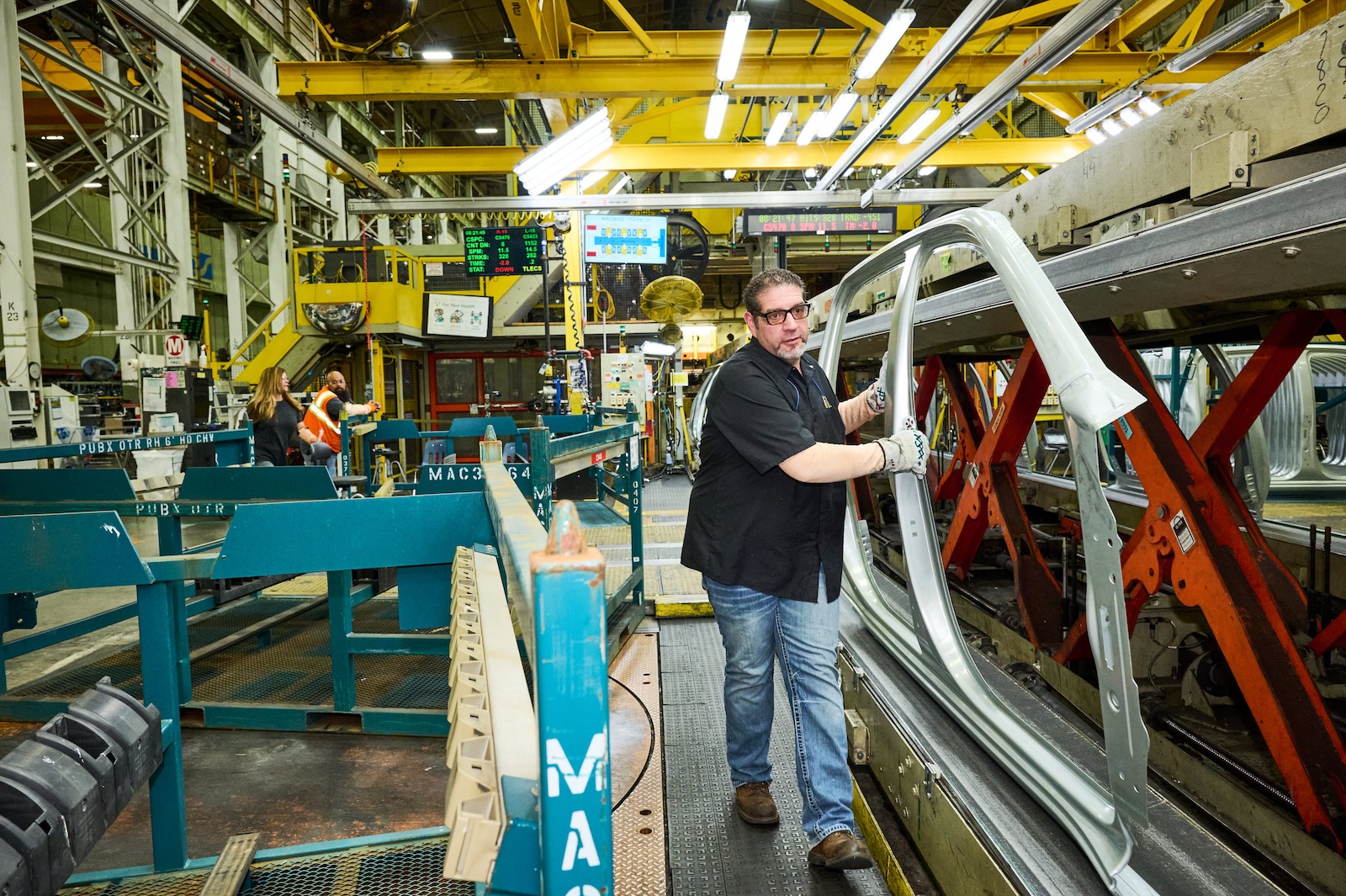
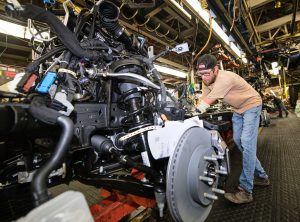

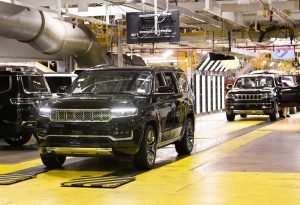

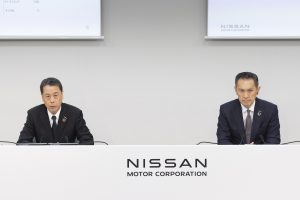
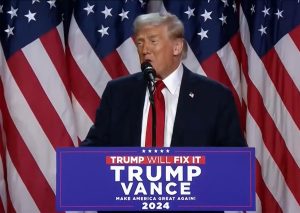

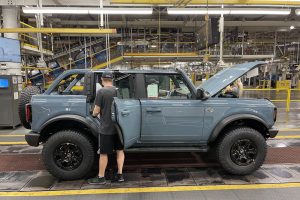
0 Comments